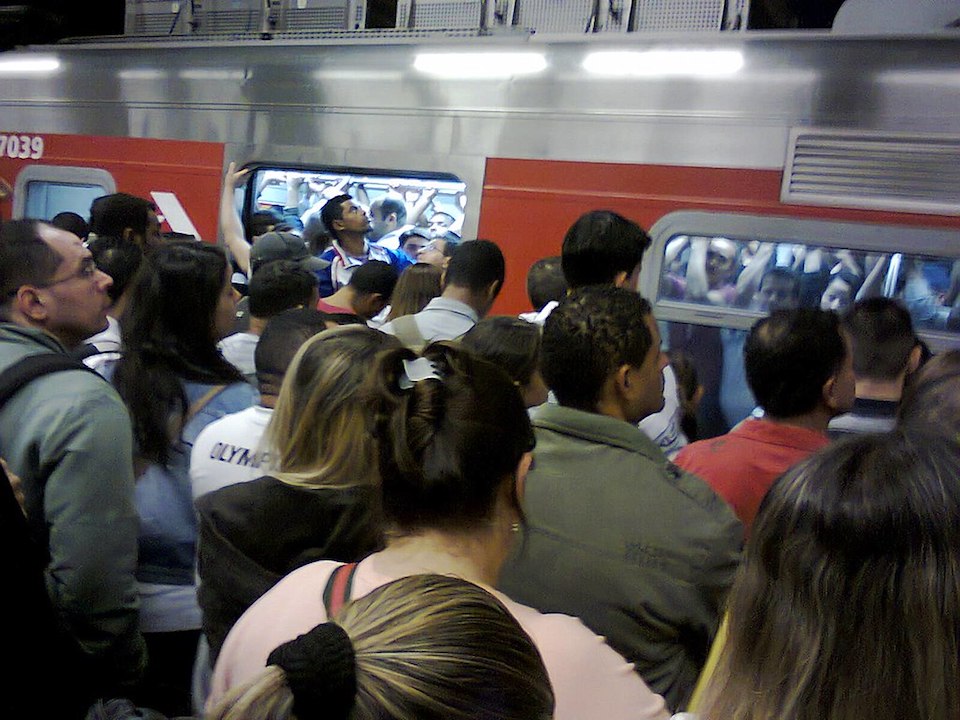São Paulo, Brazil’s most populous state with 46 million inhabitants and most affected by the new coronavirus disease (COVID-19) announced the end of mandatory mask use on public transportation such as buses, subways, and commuter trains.
The announcement was made in a joint statement by the state of São Paulo (Southeast) government and the mayor’s office of the city of the same name, the largest city in South America.

Brazil has the second-highest number of deaths from the pandemic after the United States and the third-highest number of infections after the United States and India.
The reason for the relaxation of this measure, which takes effect on Friday (9), is the decrease in infections, hospitalizations, and deaths caused by the pandemic in the second half of 2022.
The use of masks to prevent the spread of the new coronavirus will continue to be mandatory in rooms used to provide health services.
“The current epidemiological scenario of COVID-19 allows a relaxation of the restriction,” health officials said in their statement.
However, it clarified that the Public Health Management Council urges the public to continue wearing masks on public transportation, especially vulnerable groups such as those over 60 years old and those with low immunity.
According to the São Paulo State Health Secretariat, hospitalizations in early 2022 were down 90 percent compared to 2021.
The total number of patients registered in intensive care units this week in the state of São Paulo from COVID-19 is 363, compared to the 4,091 registered in the first week of February when the wave of the Omicron variant hit the country.
The Brazilian Ministry of Health has counted 684,637 COVID-19 deaths nationwide since the pandemic began, with 34,499,823 cumulative positive cases.
São Paulo was Brazil’s main pandemic epicenter, with 6,048,231 positive cases and 174,302 deaths.

